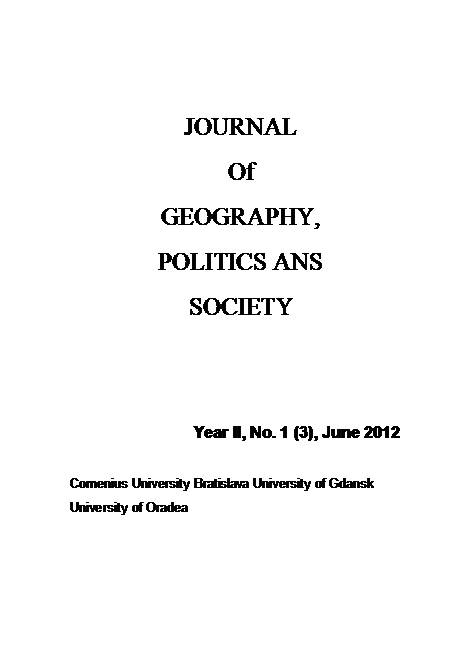Importance of state in the catholic social doctrine
Importance of state in the catholic social doctrine
Author(s): Stefan EwertowskiSubject(s): Politics / Political Sciences, Political Philosophy
Published by: Wydawnictwo Uniwersytetu Jagiellońskiego
Keywords: state; common good; teaching of the Church; democracy; safety
Summary/Abstract: In 2004 when Poland entered the UE, the legal status and the social role of the state changed considerably. The EU structures and in stitutions took over some functions of the state to a great extent, especially in the fields concerning setting goals, creating law and even supervision of abiding law. Unfortunately, this aim has not been achieved. In order to achieve this aim, the EU would have to reform the job market, change means of transport, build up a solid energy market, free the circulation of securities, reform transport and telecommunication. In view of such intentions, what will lie within the state’s competency, however the state will be understood? The more so as with the Lisbon Treaty deepening the economic and legal integration. It appears that after this international act, the role of the state in creating the aim and decision-making has diminished to even a greater extent. On the other hand, in the name of human solidarity and creating a community, there is a moral obligation in the form of „some kind of” loyalty to the state. A reflection and asking questions are needed: is the state necessary? Is the democratic state a guarantor of the broadest interests of its citizens? And in other words, does democracy need the teaching of the Church? Moreover, the integration processes are overlapped with the competition of various parties and policies concerning the role and tasks of the state. The extreme positions postulate the abolishment of the state in its traditional meaning. We are facing a very important task of strengthening the state. In the light of this we need to start seeking what connects people in the state from the beginning. We need to search for what helps to create social and national bonds. We need to consider the following question: why is the state necessary? In search of the answer it is worth considering the teaching of the Church which shares the experience and reflection on the issues of the state and civil society. This article aspires to be involved in the social discourse which promotes the ideas, indicates the level of reflection and enables a more conscious and responsible decision-making.
Journal: Journal of Geography, Politics and Society
- Issue Year: 2/2012
- Issue No: 1
- Page Range: 14-32
- Page Count: 19
- Language: English

